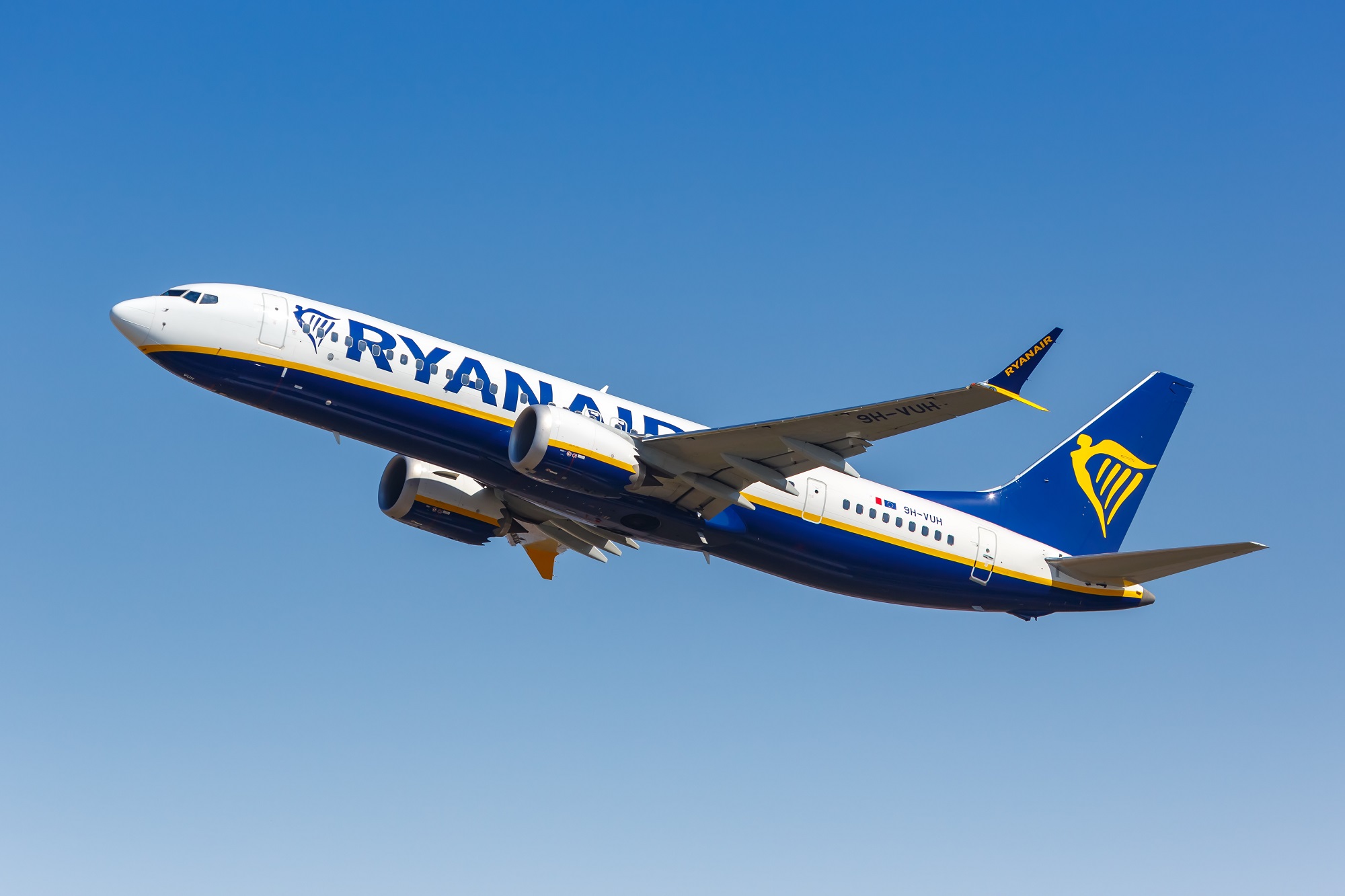DUBLIN, IRELAND — The European low-cost carrier Ryanair anticipates a shortfall of up to 10 Boeing 737 Max 8-200s from its fleet for its peak summer schedule, due to a disruption in deliveries of the aircraft from the American manufacturer.

Earlier this month, the airline had indicated that it foresaw a temporary capacity shortfall when it revealed its plans to order as many as 300 737 Max 10s.
O'Leary expressed hopes that Boeing will swiftly recover from the recent delay in order to minimize the impact on Ryanair’s traffic growth and profitability for the 2023-24 period.
Over the full year of 2022-23, which concluded on 31 March, the airline received 98 Max 8-200s, raising its overall fleet to 537 aircraft.
Ryanair has another 110 Max 8-200s on order, with deliveries scheduled to conclude in late December 2024. O’Leary suggests that these aircraft present a “growth premium” for Ryanair over upcoming summer seasons, as he expects capacity in Europe to be restricted for “at least four more years” due to extensive backlogs in large aircraft deliveries.
For the full year of 2022-23, Ryanair posted a net profit of €1.43 billion ($1.55 billion), and managed to limit fourth-quarter losses during the winter season to €154 million.
The airline attributes this performance to a robust recovery in traffic, higher fares, and favorable fuel hedging. Revenues hit €10.8 billion as passenger numbers rose to 168.6 million, with an average load factor increasing to 93%.
Ryanair aims to increase passenger numbers by 10% to 185 million for the 2023-24 period. However, it warns that delays in the delivery of Max 8-200s might shift some of this growth into the lower-yielding second half of the year.
The airline predicts that fuel costs will rise by over €1 billion this year. It also states that wage restoration, higher crew ratios, and other costs will “not be fully offset” by Max 8-200 deliveries in the first half of the year, despite robust summer demand and peak fares exceeding those of the previous year.
As Ryanair has nearly 15% of its fuel requirements unhedged and aircraft delivery schedules remain uncertain, O'Leary maintains a “cautiously optimistic” outlook, expecting that full-year revenues will rise enough to cover the fuel bill and still allow the carrier to register a “modest” increase in profit.
